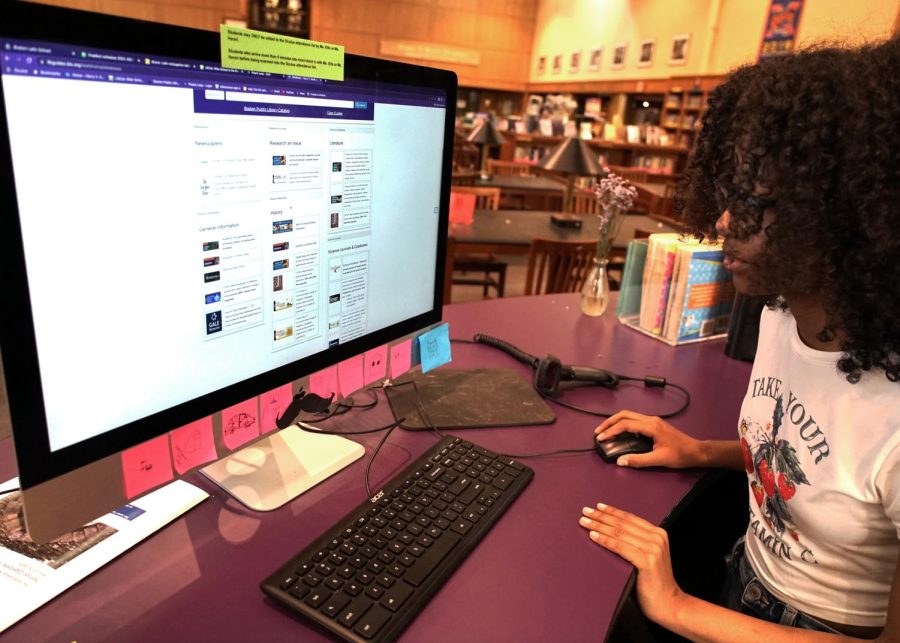The Internet Made Us Dumber
Many students vouch for the positive impacts of technology, but they often overlook their own dependency. Retaining information and strengthening one’s independent knowledge no longer seems relevant when students are within reach of every answer through various technological devices. The emergence of the internet has reinvented the ways we search for information and learn and consume media, but has simultaneously fostered immense dependence on such assistance, possibly resulting in devastating consequences for younger generations.
Although the internet can make students’ lives more efficient by providing immediate answers, this convenience encourages cramming. Students rely on sources from the internet for homework and classwork, but when it comes time for an assessment, they realize that they have not retained any information. Students ultimately fall into the rabbit hole of turning to the internet for help when they do not truly understand academic concepts, which produces short-term benefits but ultimately results in long-term consequences.
Islay Shilland (III) emphasizes, “People are trying to cram [things in] a second they’ve never actually learned before and that just doesn’t work.”
Authentic practice is necessary to truly learn and master any skill or piece of material, but many students bypass this in favor of attaining the correct answer through more convenient means. As Boston Latin School physics and chemistry teacher Mr. Conor Fearon puts it, “Did you actually learn anything? Did you take anything away from it? Or did you just get the information enough to get a green check mark on Desmos and move on?”
The accessible nature of the internet also diminishes creative thinking. For instance, when writing essays or answering open response questions, many turn to ChatGPT or other artificial intelligence (AI) resources that can create decent pieces of writing within seconds. This reliance on artificial intelligence discourages the development of the essential skill of individual thought.
Currently, ChatGPT draws from previously created sources and essentially recycles other works of writing, meaning that the content produced isn’t original or new. BLS English teacher Mr. Robert Oakes insightfully notes that “The most powerful thing that people, especially young people, have is their ability to use words. That’s the most powerful tool that you have. And so using any kind of shortcuts are shortcuts that prevent you from achieving your full potential with words.”
Overreliance on technology at an early age also affects proficiency in future careers, as it diminishes motivation and work ethic. Mr. Fearon shares, “One of my best friends works for NASA and he says that these engineers are woefully inept. It’s actually impressive [that] new interns are constantly looking for someone else to do the thing for them because they don’t want to actually apply their brain and knowledge to do it.” Shortcuts taken from the internet lead to inert approaches to working, which are alarming to future industries and critical analysis-oriented occupations.
Schools, teachers and students must become more aware of these paramount effects and advocate for traditional methods of critical thinking, where students are encouraged to perform and display their individual thought processes and voice. As BLS Keefe Librarian Ms. Deeth Ellis puts it, “[the internet] is going to diminish how well-educated we are as a society if we aren’t holding ourselves accountable.”







